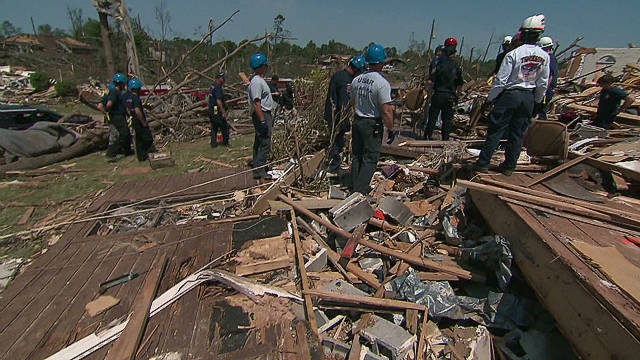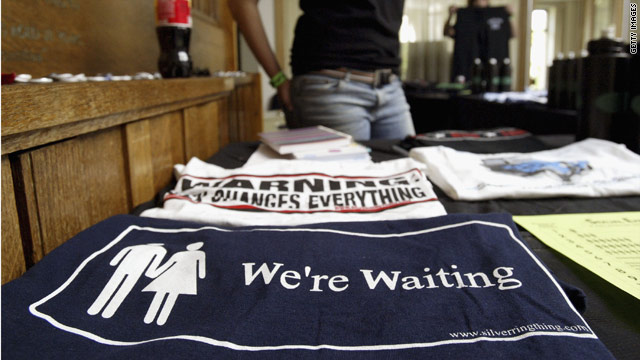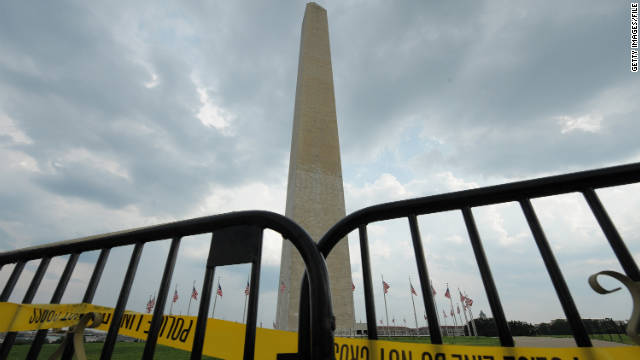
The Senate on Monday night reached a bipartisan agreement intended to end a dispute over disaster relief spending that threatened to cause a partial shutdown of the government at the end of the week.
In two votes, the Senate approved short-term spending measures to fund the government for the first seven weeks of the new fiscal year that begins Saturday.
It passed the first measure on a 79-12 vote, then approved the second measure on a voice vote.
The measures now go to the House, which must approve them to ensure the government continues to be funded after the end of the current fiscal year at midnight Friday.
House Republicans scheduled a conference call for later Monday night to discuss their next steps.
The spending proposals contain additional disaster relief money needed by the Federal Emergency Management Agency to refill depleted coffers.
However, the emergency disaster funding only applies to the new fiscal year beginning Saturday, after FEMA indicated that it had enough money left to get through the rest of the current fiscal year.
Democrats and Republicans were at an impasse over a GOP demand to cut spending elsewhere to offset any increased disaster relief funding in the current fiscal year.
A FEMA statement Monday said updated estimates showed that the agency's Disaster Relief Fund has about $114 million left that "could be fully exhausted by the end of the week." Previous estimates had the money running out as soon as Tuesday or Wednesday.
Senate Majority Leader Harry Reid, D-Nevada, said White House budget director Jack Lew told him that FEMA's funding will last through the rest of the current fiscal year.
Reid and other Senate Democrats depicted the agreement as a victory over House Republicans who they said had needlessly held up the disaster relief funding by demanding unprecedented spending offsets for emergency aid.
"It is hard to see how the House Republicans could reject this proposal," said Sen. Chuck Schumer, D-New York, noting the strong bipartisan vote in the Senate.
Last week, the Republican-led House passed a short-term spending measure for the first seven weeks of the new fiscal year that includes increased disaster relief funds in the wake of Hurricane Irene, Tropical Storm Lee, wildfires and tornadoes this year.
Under the House measure, called a continuing resolution, FEMA and the Army Corps of Engineers would get more disaster relief funds for the end of the current fiscal year and the start of the new fiscal year.
However, Democrats opposed a provision in the House measure that cut other spending to offset some of the additional emergency aid for the rest of the current fiscal year.
Senate Minority Leader Mitch McConnell, R-Kentucky, speaking before Monday night's votes, said the political impasse could have been avoided if Senate Democrats had accepted the House version.
Schumer and other Democrats said the agreement passed by the Senate avoided setting what they called a dangerous precedent of subjecting disaster relief to political wrangling.
"It was the wrong precedent to set, one that would have jeopardized emergency funding in the future," Schumer said.
According to a Senate Democratic leadership aide, the opening for a breakthrough came when FEMA indicated it had enough money for the rest of the current fiscal year.
The dispute threatened to prevent the continuing resolution from passing by the end of the fiscal year, which could have caused a partial government shutdown.
With FEMA able to make it through the rest of the fiscal year, Senate Democrats worked out the agreement with Republicans to pass the funding measures that would keep the government operating through November 18 and provide the needed additional disaster relief money without any corresponding spending cuts.
One measure extended government funding for one week, through October 4, to ensure that there is no gap when the current fiscal year ends Friday. A second continued the extended government funding through November 18.
The two measures were needed because the House is in virtual recess this week with members back in their home districts and the chamber convening in "pro forma" sessions with minimal participation.
Under the plan, the House will be able to approve the shorter of the two measures -- to continue funding through October 4 -- in a pro forma session this week and then vote on the longer measure when members return the following week.
House members went home for the week after passing the short-term spending bill on Friday.
If Congress fails to approve a compromise version this week, a partial government shutdown could occur when the fiscal year ends at midnight Friday. It is the third time in six months that legislators have faced such a possibility.
Republicans want less disaster aid than their Democratic counterparts and want to pay for it partly by cutting funding for programs designed to spur clean energy innovation.
Democrats contend that the Republicans are playing politics by seeking to offset disaster relief spending that helps Americans in immediate need of help to put their lives back together.
The House GOP legislation included $3.65 billion in new disaster relief funding: $1 billion in emergency money for the current fiscal year and roughly $2.6 billion to be budgeted for those federal response agencies for the 2012 fiscal year that begins October 1.
Under the House bill, the $1 billion in immediate disaster funding is offset with $1.5 billion in cuts to a loan program that helps automakers retool their operations to make more fuel-efficient cars.
Another $100 million would be cut from an alternative energy loan program that provided funding for the solar panel firm Solyndra, a company that declared bankruptcy late last month despite receiving a $535 million federal guarantee in 2009.
The Senate measures passed Monday night set the new disaster relief funding at $2.65 billion, all in the new fiscal year beginning Saturday, with no offsets.
Meanwhile, Congress will continue working on appropriations bills for the rest of the new fiscal year that will contain additional disaster relief funding for FEMA. Asked Monday night if House Republicans might try to offset that spending again, Reid responded it would be a bad idea.
"I can't imagine they would try it again," he told reporters. "I don't think this has been a very happy week for ... Republicans in the House."
Last week, the Senate passed a spending bill with bipartisan support that would provide $6.9 billion for FEMA and other federal agencies, to be used for disaster relief both immediately and in the new fiscal year. That Senate version required no spending offsets.





































































